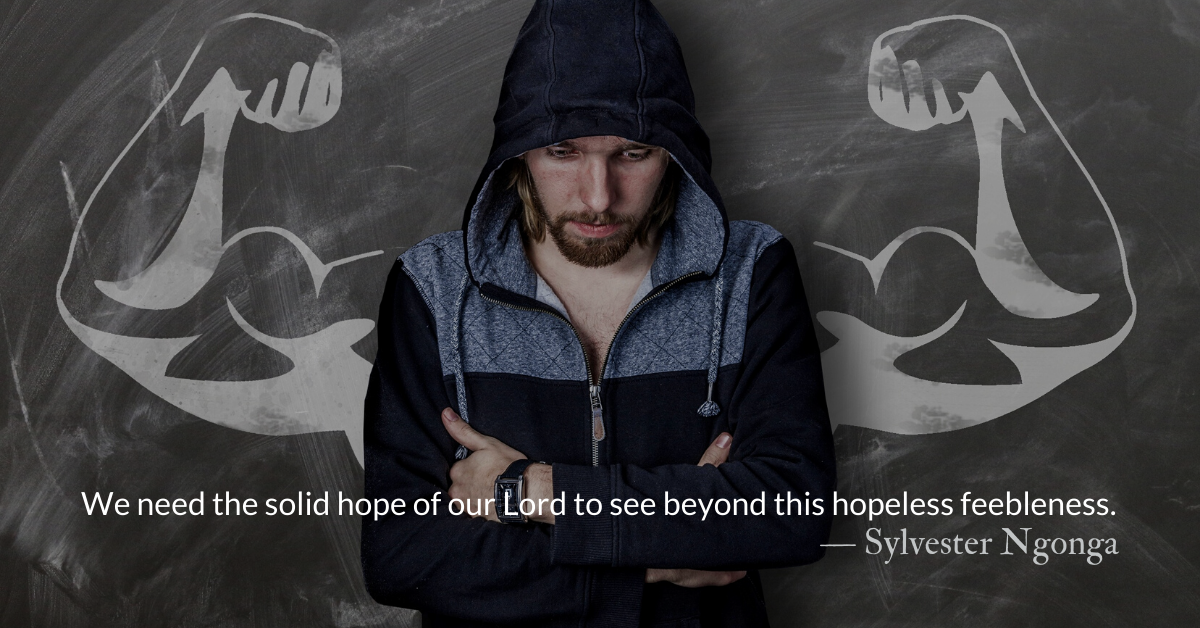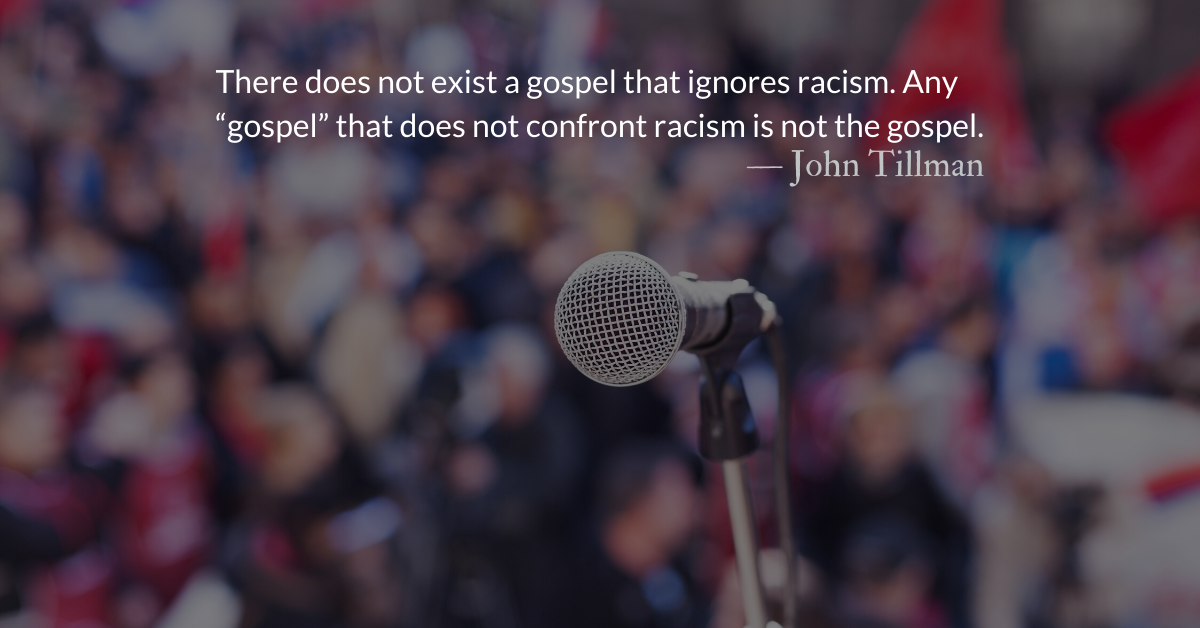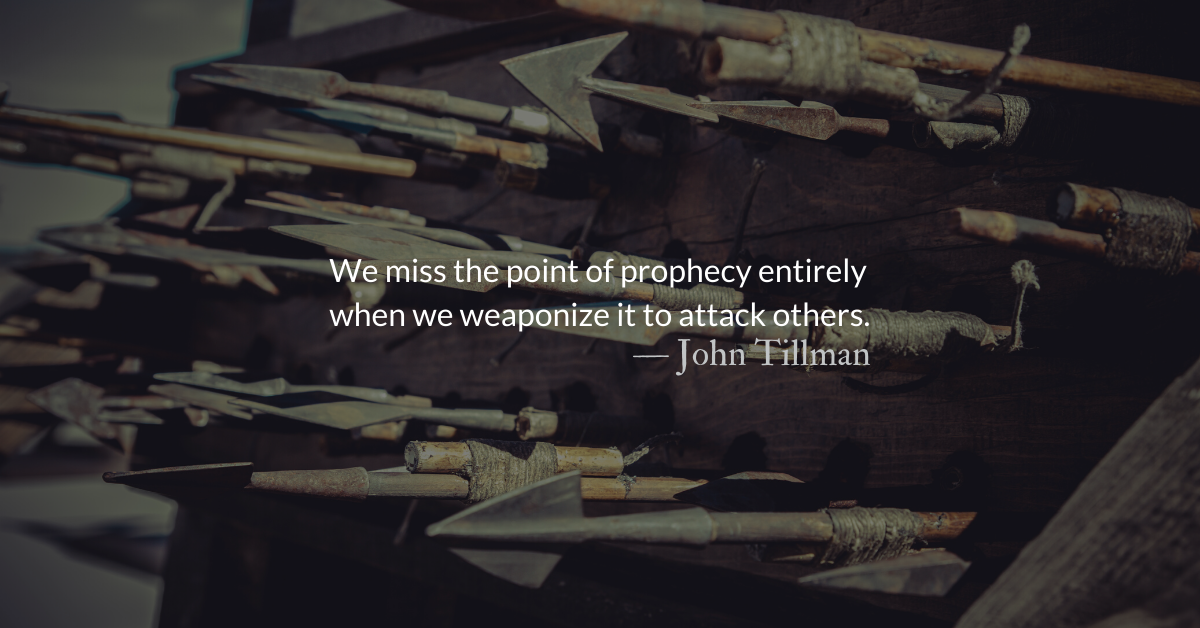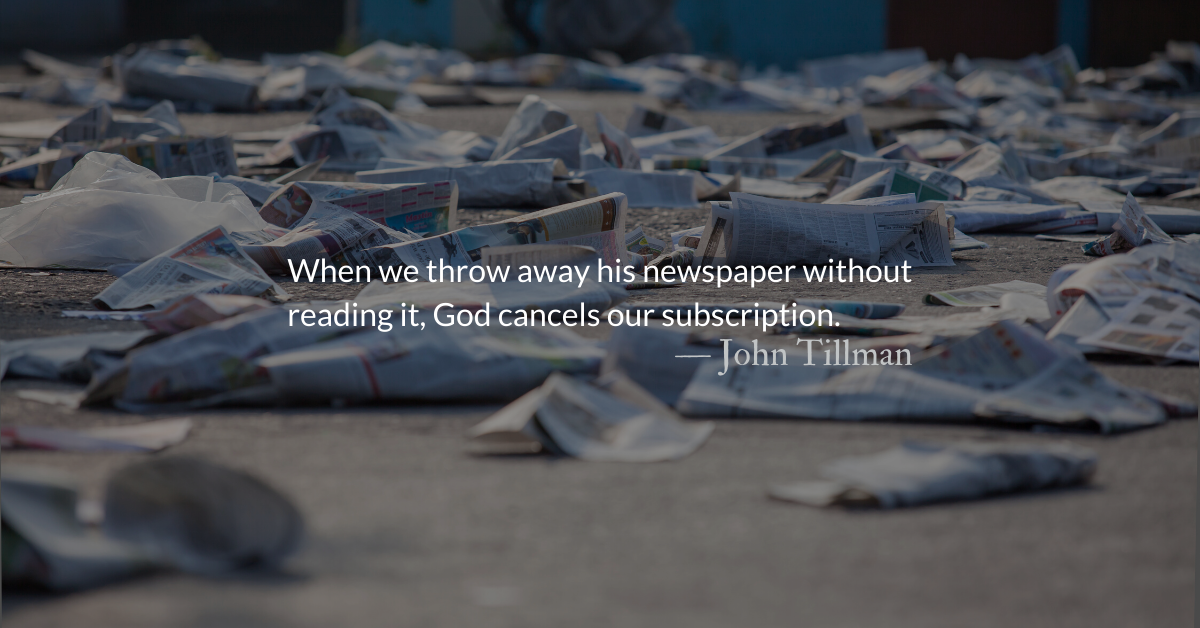We are happy to welcome ministry-focused college and seminary students from around the country to write in June of 2020 for The Park Forum. Each of them is pursuing a career in ministry and received free coaching on their writing as a part of the program. For more information about the program and a profile of each of our student writers, visit our Student Writers Month page.
Today’s student writer is Sylvester Ngonga, a student at Logsdon Seminary, transferring to Gardner Webb University this summer.
Scripture Focus: Isaiah 35.3-4
Strengthen the feeble hands and make steady the knees that give way. Say to those with fearful hearts, “Be strong, do not fear; your God will come, he will come with vengeance, with divine retribution he will come to save you.
From John: Sylvester’s 1st draft deadline was only 15 days ago. From that time to this, the crisis dominating our attention has shifted. Murder, protests, riots, and brutality, exacerbated by a failure of leadership now dominate our newsfeeds and headlines. But Sylvester’s words are all the more applicable to our current crisis and the scourge of disease still simmers underneath the more violent dangers many now face. God has indeed exposed our feeble hands, feeble knees, and feeble hearts. May God have mercy on us.
Reflection: Feeble Hands, Knees, and Hearts
By Sylvester Ngonga
The preceding chapter, Isaiah 34, describes the judgments against the nations whereas this chapter anticipates the recovery of Jerusalem and the glad return of the exiles from deportation. In these two verses feebleness is conspicuous:
Feebleness of hands: inadequacy of strength, declined productivity
Feebleness of knees: inefficiency of movement, weakened mobility
Feebleness of hearts: inconstancy of hope, heightened anxiety
These lamentations of feebleness characterized the general experiences amongst the people (Lamentations 1) following Jerusalem’s destruction and subsequent deportation into exile (Jeremiah 27.20).
Not unlike their experience, the Covid-19 pandemic has brought the world to its knees. Many people have died. Curtailed physical interactions have led to millions of job losses and closure of learning institutions, and even shutting of church doors. In these surreal conditions, there are trepidations and desperate lamentations of shakiness experienced all over the world in feebleness of hands, knees, and hearts.
The world is desperate for a silver lining beyond this pandemic but Christ gives us something much better: An assurance that is more than a bright outlook, an everlasting future without feebleness of hands, knees, and hearts.
The prophet Isaiah looked beyond the enormous trepidations of people in misery following God’s judgment and saw the return and restoration of a nation. It would no longer be time for lamenting the feebleness of hands, knees and, hearts but strengthening, firming, and cheering up!
In the prevailing global tension, we need the solid hope of our Lord to see beyond this hopeless feebleness. The focus should be beyond simply getting past our present challenges. The anticipation of the hope of glory is not vanity but assured confidence that God will come and save in his own time. Because Jesus lives, we can face the future with confidence and hope (Romans 8.11).
The writer of Hebrews (Hebrews 12:12) references this text of Isaiah in encouraging believers to strengthen their feeble arms and weak knees and to gracefully endure hardships.
Reflection for the month: Psalms 18:28 You, Lord, keep my lamp burning; my God turns my darkness into light.
Divine Hours Prayer: The Call to Prayer
Bless our God, you peoples; make the voice of his praise to be heard;
Who holds our soul in life, and will not allow our feet to slip. — Psalm 66.7-8
– Divine Hours prayers from The Divine Hours: Prayers for Summertime by Phyllis Tickle
Today’s Readings
Isaiah 35 (Listen – 1:43)
Revelation 5 (Listen – 2:39)
Read more about A Generational Lament
In their world, there is no prosperity. In their world, there is little security. In their world, they experience only danger and disappointment.
Read more about Of Grace and Thorns
We do, with regularity, experience sufferings of this world that are intended by Satan to harm and hinder us.











